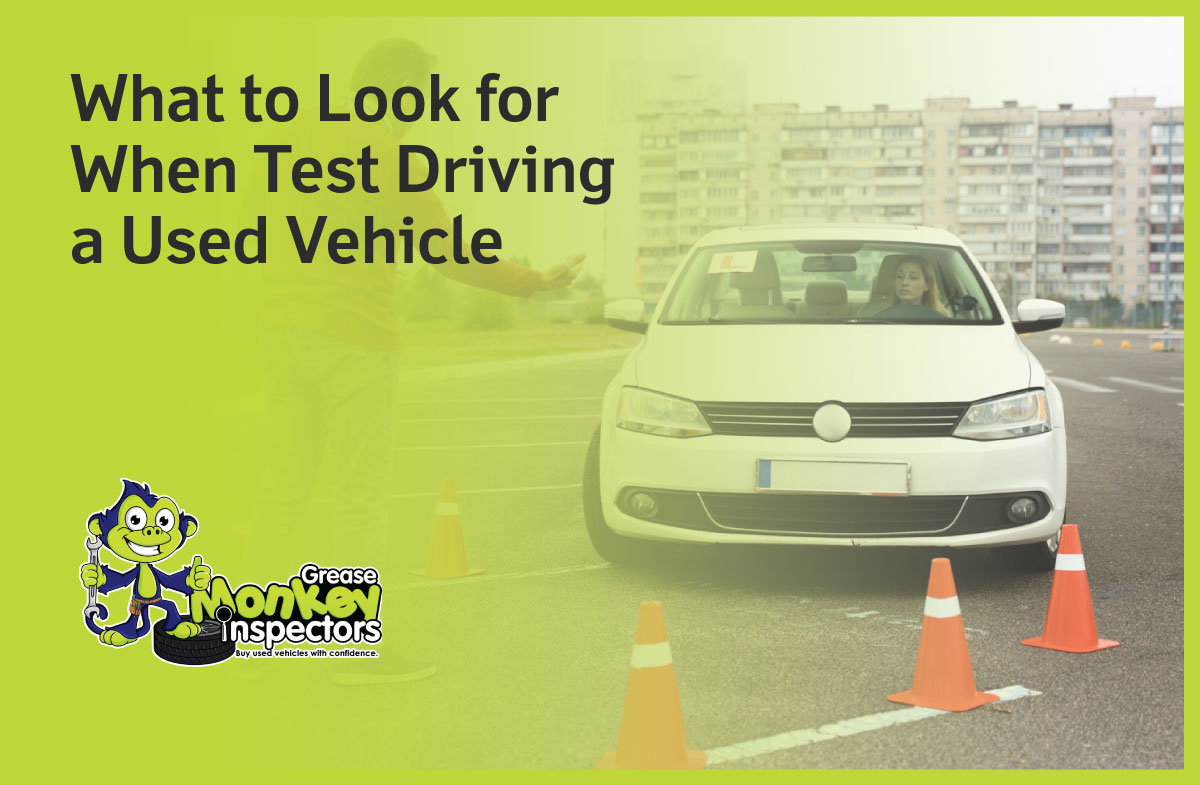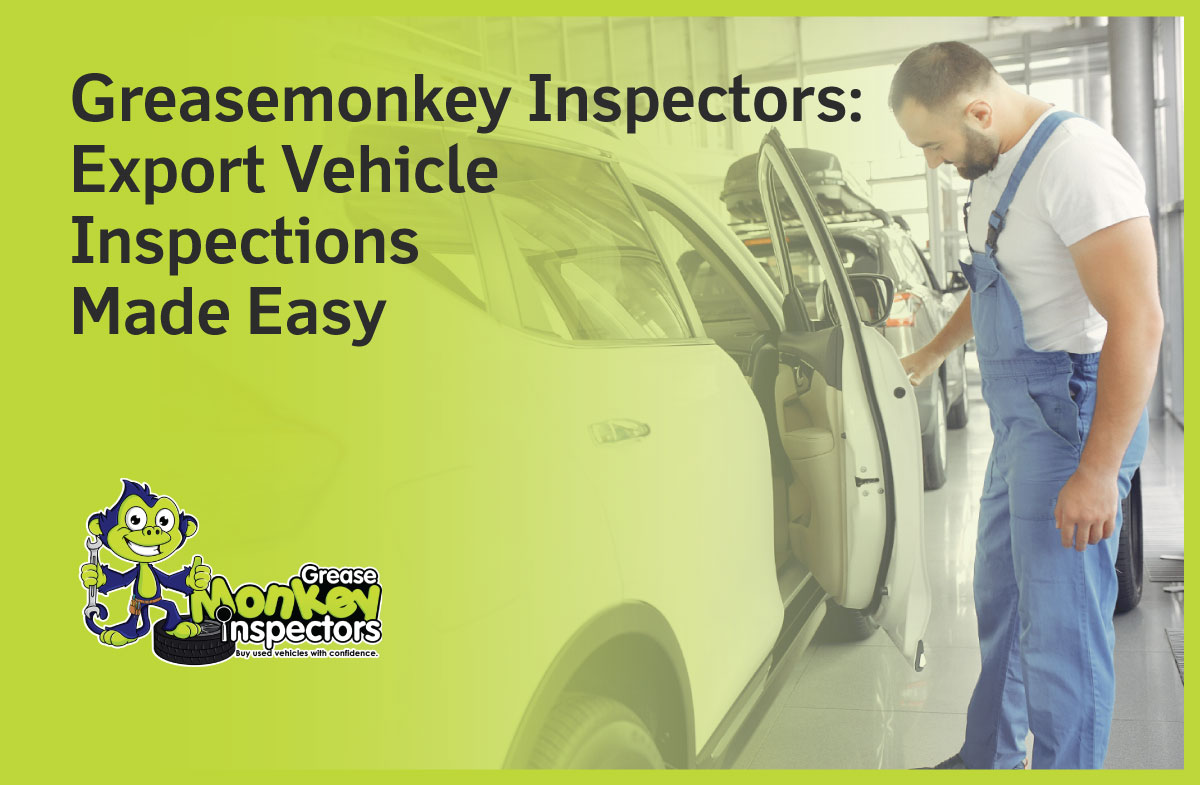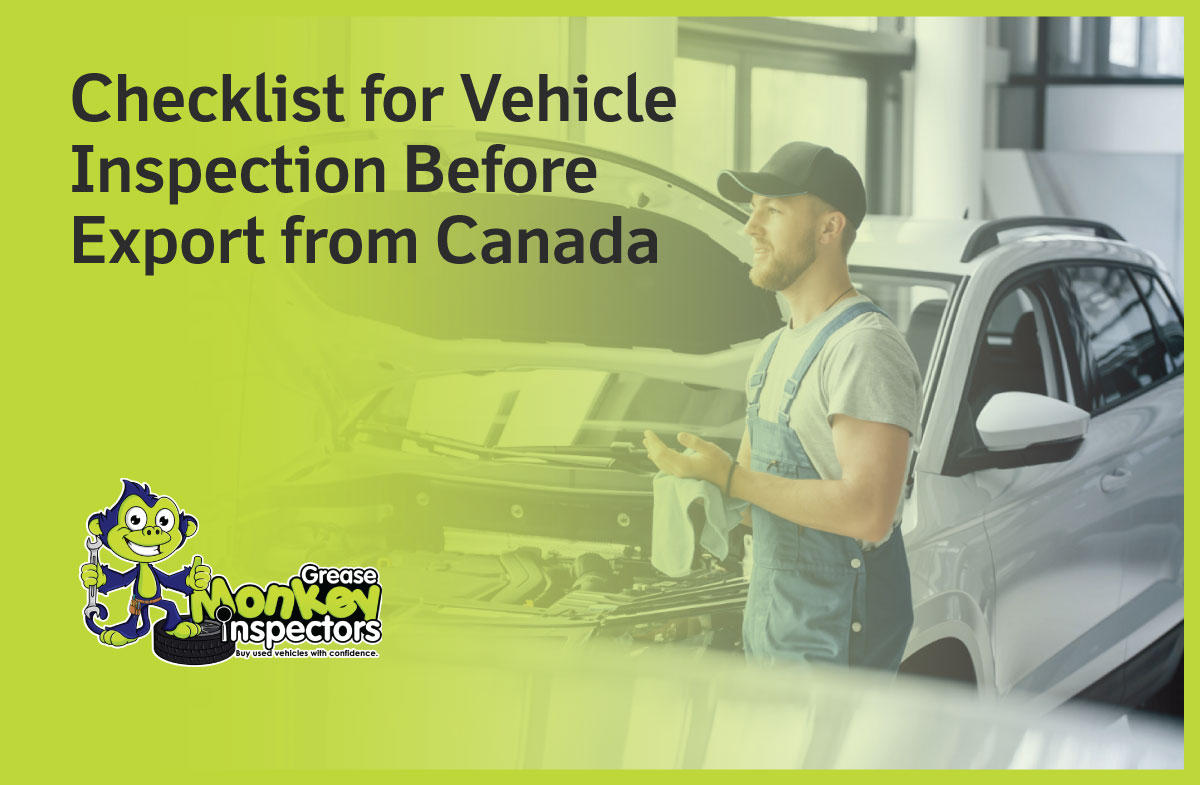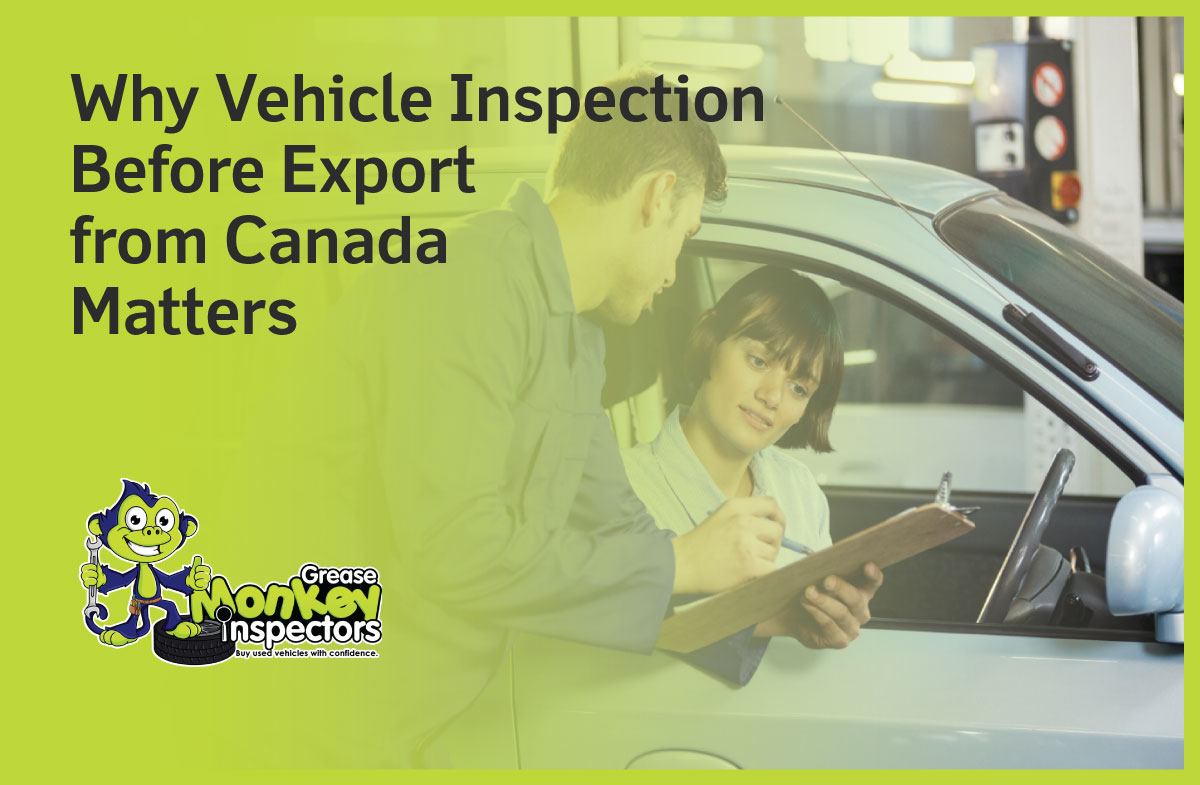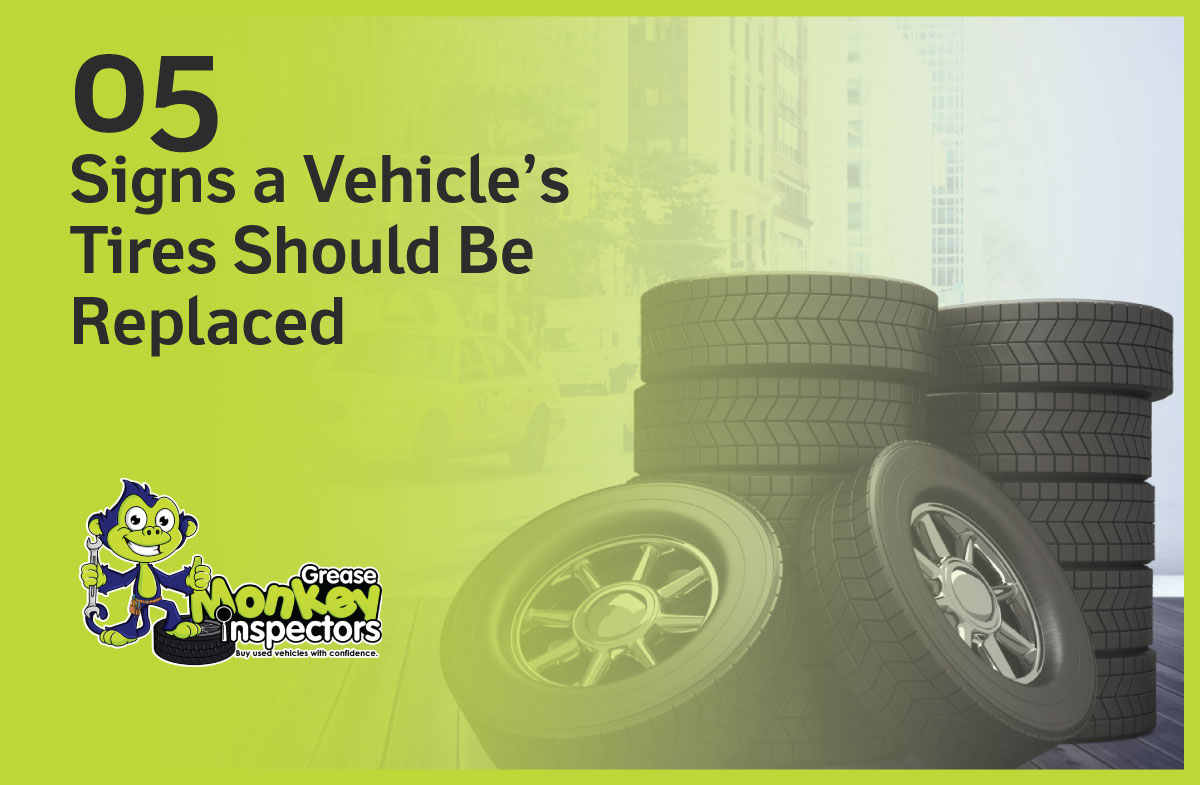When you’re in the market for a Used Vehicle, a comprehensive pre-purchase inspection is crucial. However, a visual inspection of the exterior, interior, and engine bay isn’t enough. To make an informed decision, it’s essential to test drive the vehicle. Getting behind the wheel allows you to assess how it drives, ensuring it meets your expectations. Here’s what you should focus on during a test drive of a Used Vehicle in Ontario or any other location.
Transmission Shifting
A smoothly functioning transmission is vital for a Used Vehicle. The cost of a transmission repair or rebuild can be significant, so it’s essential to ensure it operates correctly. During the drive, observe the RPM gauge during gear changes. For automatic transmissions, expect shifts between 2,000 and 2,800 RPMs unless specified otherwise by the manufacturer. For manual transmissions, check that the gears shift seamlessly without any resistance. Any hesitations or rough shifting might indicate transmission issues that could be costly down the road.
Handling
Proper handling is another critical aspect of evaluating a Used Vehicle in Canada. On a flat, straight road, the car should maintain a straight path without you needing to adjust the steering. If it veers to one side, it could point to alignment issues, uneven tire wear, or suspension problems. Additionally, test the brakes by applying pressure while driving at a moderate speed. Brakes should respond promptly without delay, grinding, or screeching noises. These sounds might indicate worn brake components that need immediate attention.
Engine Performance
Testing the engine’s performance during a drive is crucial to determine the vehicle’s reliability. A well-maintained engine should run smoothly without any hiccups. Pay attention to any unusual noises, like hissing or stuttering, which might suggest a misfire. A misfiring engine loses power, affecting overall performance. For instance, a four-cylinder engine with a single cylinder misfire will lose 25% of its power, which could significantly impact your driving experience. Ensure all cylinders are functioning properly before making a purchase.
Check Engine Light
Test drives are the perfect opportunity to check if the vehicle’s check engine light is active. When you start the car, the dashboard’s warning lights should briefly illuminate and then go off. If the check engine light stays on, it might signal an underlying problem. Consider bringing an on-board diagnostic (OBD) scanner to identify any error codes associated with the check engine light. This tool will give you insights into potential engine issues like a faulty catalytic converter or low oil pressure.
Additional Factors to Consider
While test driving, also pay attention to the general comfort and feel of the vehicle. Evaluate the seat support, visibility, and any unusual vibrations. A test drive is your chance to ensure the car aligns with your expectations for comfort and safety. Additionally, Greasemonkey Inspectors provides a detailed history report with every pre-purchase inspection, giving you comprehensive insights into the car’s past.
Professional Pre-Purchase Inspection
Beyond your own observations during a test drive, it’s wise to have a professional pre-purchase inspection performed by experts like Greasemonkey Inspectors. We specialize in on-site pre-purchase vehicle inspections, offering thorough evaluations of used vehicles. Our team examines potential issues, providing you with an accurate history report and detailed insights so you can make a confident decision.
To explore our inspection packages and ensure your investment is sound, visit our Inspections Packages page for more details.

